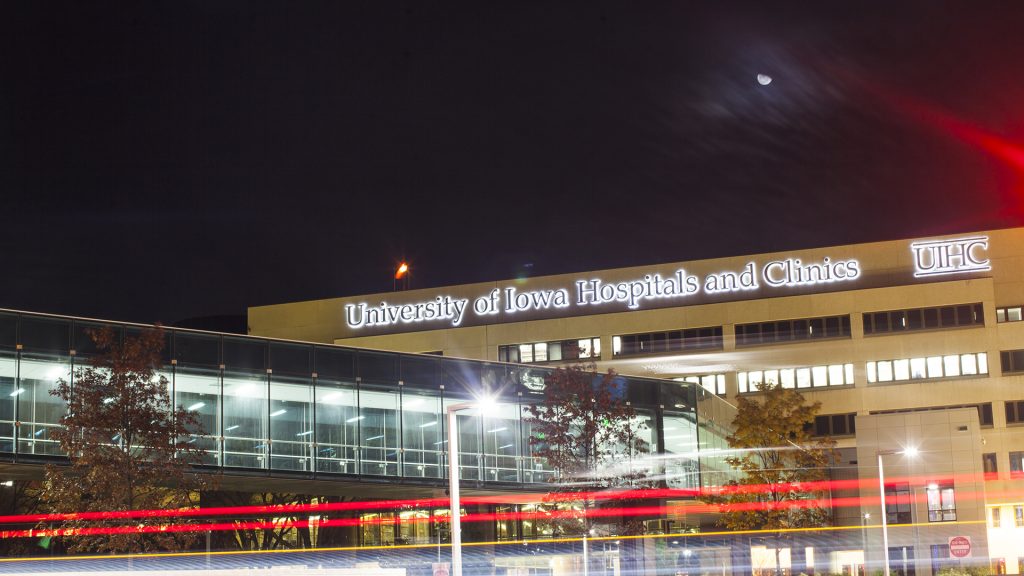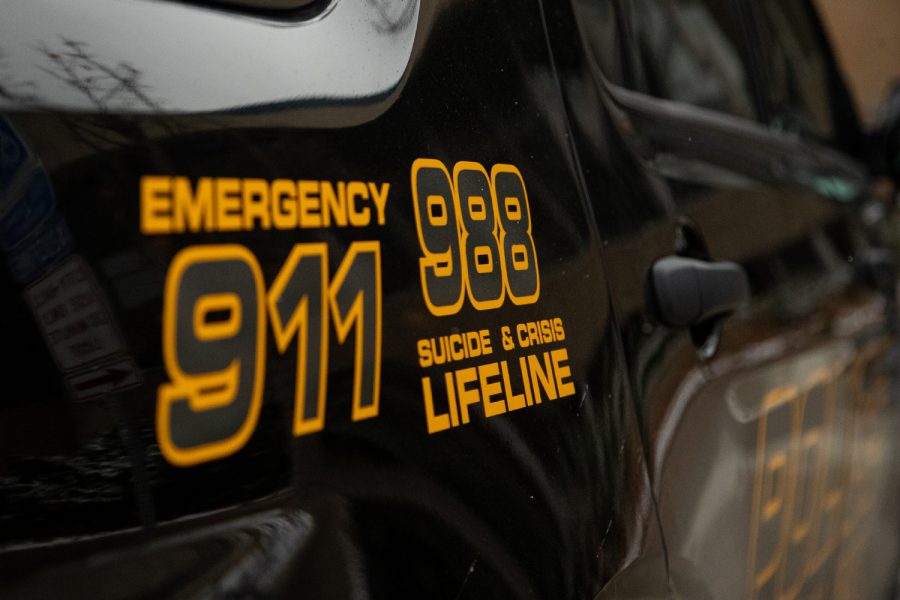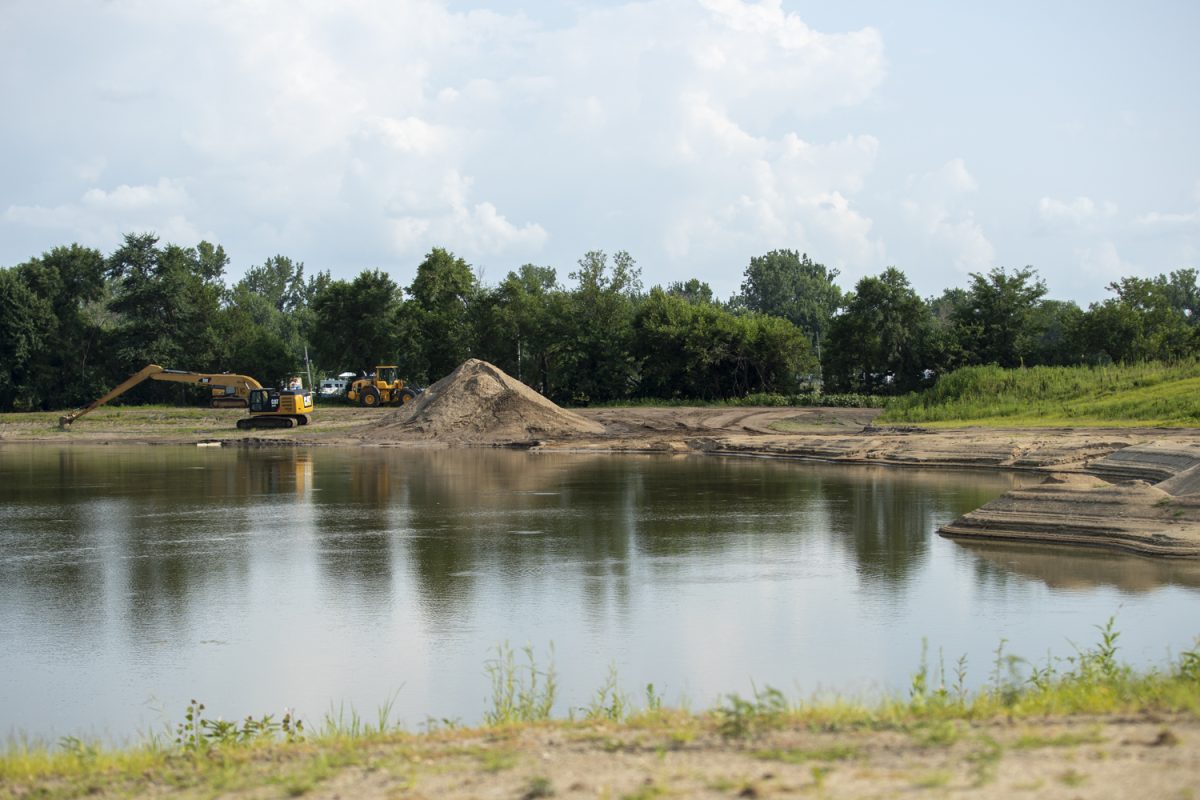By Troy Aldrich
For those suffering from sleep apnea, a more comfortable approach to testing is underway.
The University of Iowa Hospitals & Clinics-Iowa River Landing offers in-home sleep testing for patients with sleep apnea who are referred by their primary care physicians.
Patients must meet at least two of the criteria defined by the Accreditation Council for Graduate Medical Education Board, which includes habitual loud snoring, witnessed apnea, gasping, or choking, or diagnosed hypertension.
UI neurologist M. Eric Dyken, the director of the Sleep Disorders Program, has worked with some of the best neurologists in the world since coming to UIHC in the early 1980s.
“We work as a team with our primary-care physicians … [we] all are part of our sleep program,” Dyken said.
While home studies are increasing in popularity and effectiveness, they are not a remedy for all patients’ needs.
Patients must be at least 18 years old, with no history of more severe health issues such as ALS, severe heart conditions, or strokes. These individuals must receive lab treatments at the UIHC sleep clinic.
Home sleep studies allow patients to avoid sleep lab visits and gather accurate assessments of their apnea-related issues.
“I was a little skeptical at first, but these tests are extremely accurate,” said Scott Jones, who gathers data from patient sleep studies at UIHC-River Landing.
While in-home tests aren’t quite so effective as lab studies, they are a necessity when it comes to diagnosing a majority of patients.
“We just don’t have the manpower, or the space, to conduct the amount of lab studies we would need to here,” said Christine Glenn, the assistant sleep-lab director.
The home testing, called WatchPat, uses fewer belts and wires than a standard lab test does. Patients must attach the testing kit themselves, which includes a wristwatch, a finger monitor, and a chest monitor.
Glenn said the success in diagnosing patients with WatchPat has been high, with 96 percent of patients testing positive for apnea. Patients’ results from the home study are analyzed by Dyken, who determines the next step in treatment.
“Dr. Dyken gets studies analyzed quickly, which patients really appreciate,” Jones said.
Most often, patients are prescribed an auto-CPAP to treat their apnea. This machine automatically regulates the amount of pressure needed to keep patients’ airways open.
More invasive corrective procedures are less common and result in a 48 to 50 percent success rate, Glenn said.
Once patients are prescribed the auto-CPAP, they must report to a technician at UIHC-River Landing within two weeks. They then are required to meet three months later and again a year after their diagnosis.
River Landing has become home to these home studies, and it’s been quite a success.
“We were thinking about River Landing when it was a twinkle in its patient’s eyes,” Dyken said.










